
Doctor reveals the "seed" that causes can:cer, advises doing 1 thing to eliminate 90% of the risk
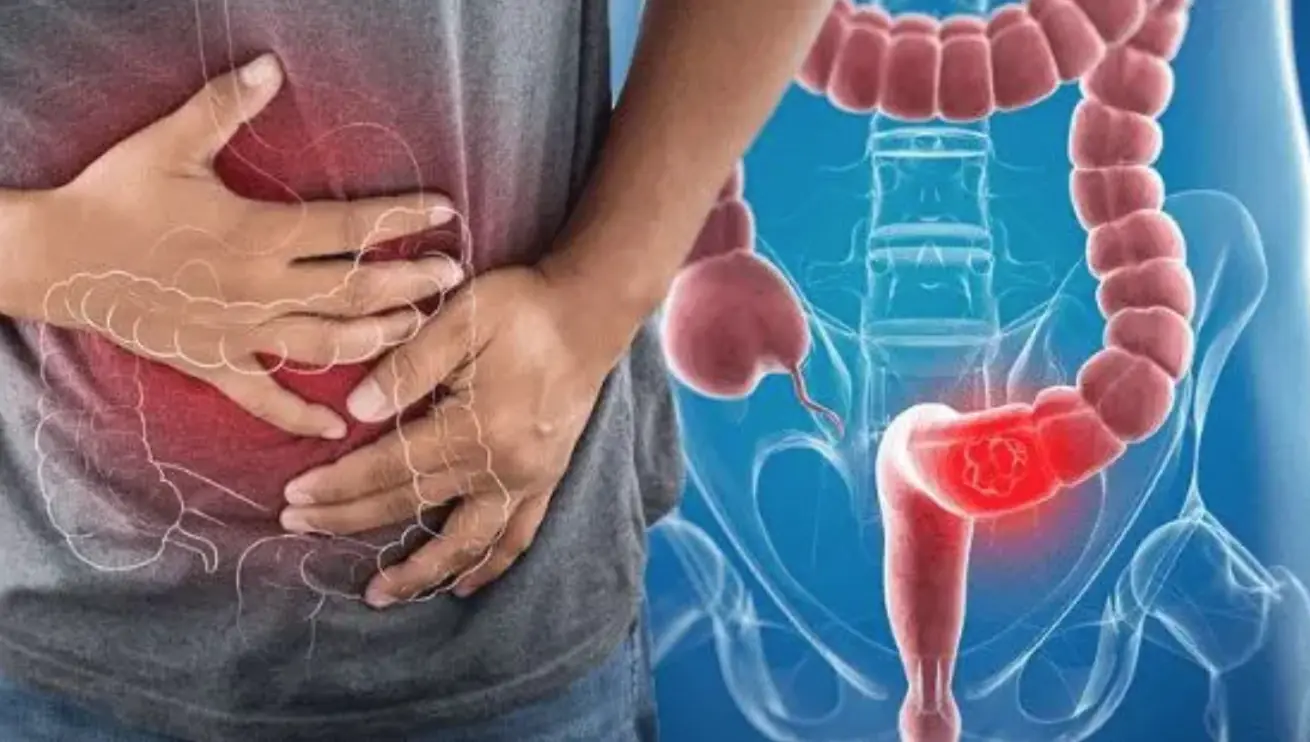
Colorectal cancer is rapidly increasing in both incidence and mortality rates. What’s more concerning is that this type of cancer is notably becoming more common among younger individuals in Vietnam and around the world. In fact, more and more cases of colorectal cancer are being reported in people under 40 years old in Vietnam, dispelling the misconception that it is a "disease of the elderly."
According to the GLOBOCAN 2022 report, Vietnam records about 16,835 new cases of colorectal cancer each year. If the disease is detected at an early stage, the five-year survival rate can exceed 90%. However, 20–30% of patients are diagnosed at the metastatic stage, which reduces the effectiveness of treatment and shrinks the chances of survival.
The "seeds" silently leading to cancer
Colorectal cancer often originates from adenomatous polyps—benign growths that can potentially progress into cancer if not addressed. This process can take 10 to 15 years. Detecting and removing polyps early can reduce the risk of cancer by up to 90%.
Prof. Dr. Phương likens: “Colorectal polyps are like 'seeds' of cancer. When the polyps are small, removing them via endoscopy is very simple and effective. But if the polyps develop into malignant tumors, the treatment becomes more complex, costly, and potentially much more dangerous.”
According to Prof. Dr. Phương, modern lifestyles are a major factor in increasing the risk of this disease among younger people, including: eating a lot of red meat, consuming few vegetables, lack of exercise, smoking, and drinking alcohol.
Who should be screened and how?
Prof. Dr. Phương believes that individuals aged 45 and above, even without symptoms, should undergo cancer screening by:
-
Fecal immunochemical test (FIT) once a year;
-
Colonoscopy every 10 years if results are normal;
-
Those with a family history of colorectal cancer should start screening 10 years before the age at which their relative was diagnosed;
-
Individuals with polyps or chronic inflammatory bowel disease should have a colonoscopy every 1–3 years depending on their risk level.
Currently, in addition to colonoscopy—the gold standard for diagnosis—there are many other effective screening methods, such as: FIT/FOBT, DNA methylation testing in stool, SEPTIN9 gene testing, or tumor marker tests.
Prof. Dr. Phương warns: "People should not wait until symptoms such as stomach pain, blood in stools, or weight loss appear before getting checked, because by that time, the disease may have already reached an advanced stage."
To protect health and prevent colorectal cancer, Prof. Dr. Phương recommends that people:
-
Maintain a high-fiber diet, reduce red meat and processed foods;
-
Exercise at least 30 minutes daily to stimulate bowel movements;
-
Avoid smoking and alcohol;
-
Follow screening schedules based on risk groups.
Colorectal cancer is not a "death sentence" if detected early. Regular screening combined with a healthy lifestyle is the "strongest weapon" to fight this disease.
"Act today – because health waits for no one!" Prof. Dr. Phương urges.
News in the same category


No matter how much you like these 3 spices, eat less of them: 1 type is harmful to the kidneys and bones, 1 type is harmful to the liver and causes can:cer, 1 type causes fatty liver.

25-year-old girl's face is paralyzed after 3 days of maintaining a nighttime habit of many people

If you wake up in the morning and feel these 4 things, then SORRY! Kidney disease is growing in your body every day
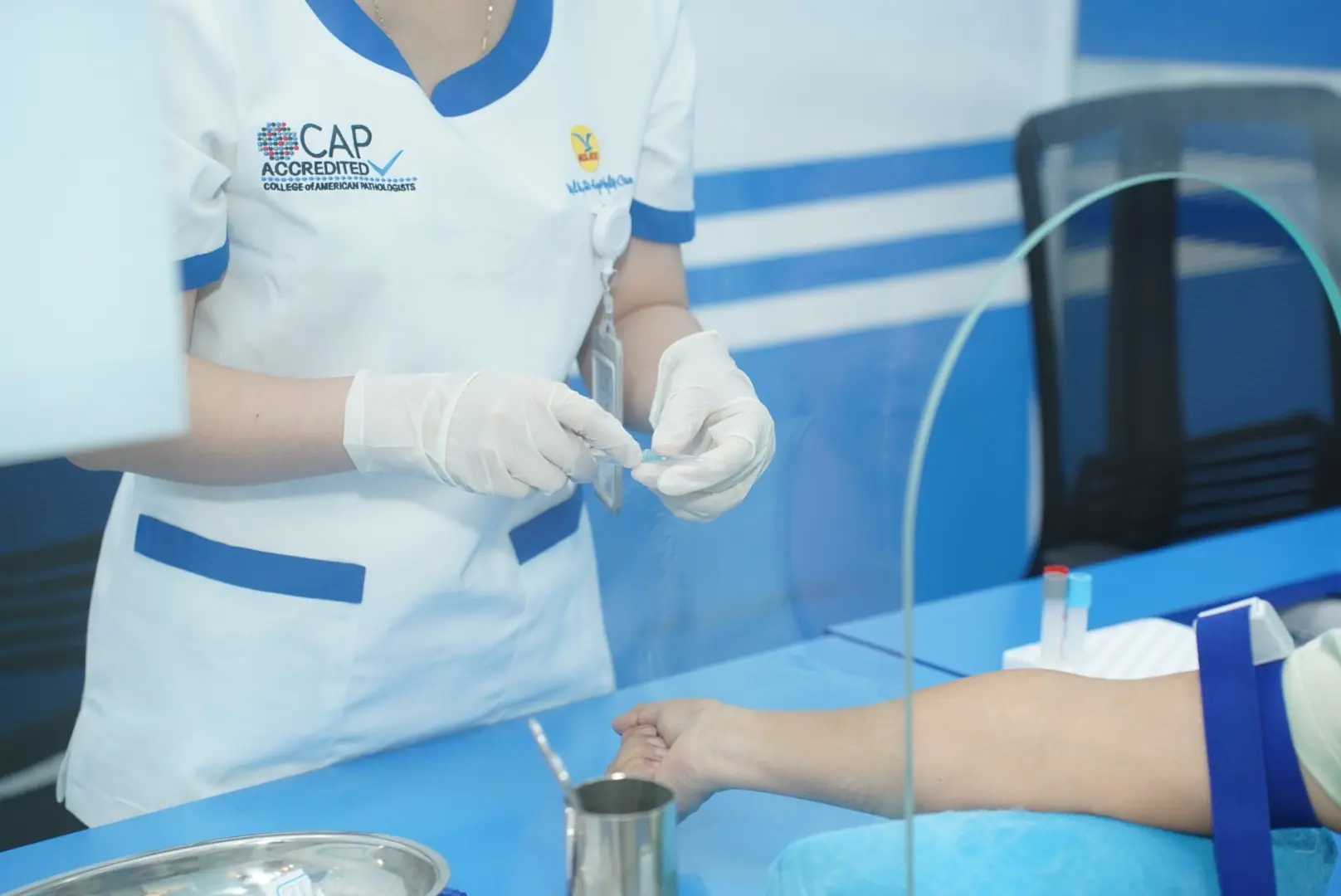
Drinking orange juice every day to 'increase resistance', woman unexpectedly suffers serious consequences
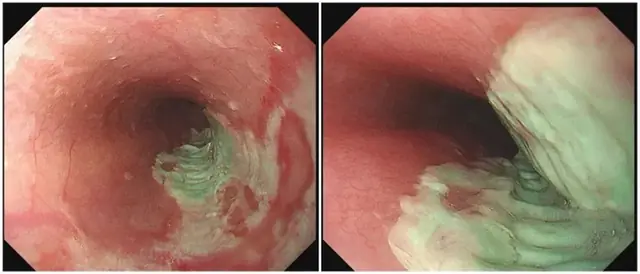
Esophagus "cut off" because of bad habits! Many people like to do this

4 skin changes that warn of liver disease
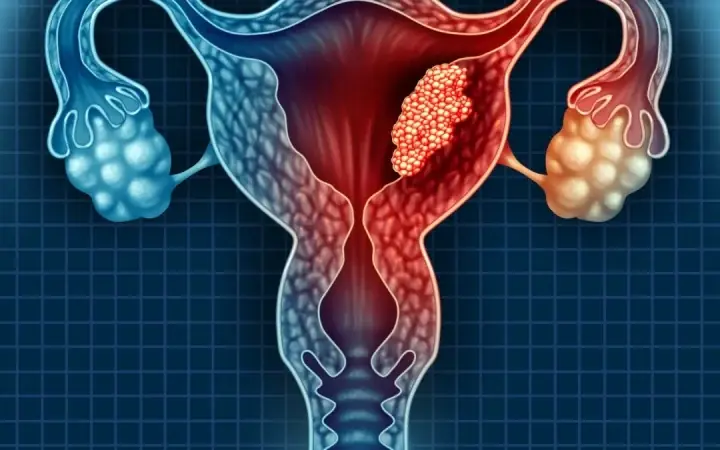
3 Intimate Habits of Husbands That May Increase Wives’ Risk of Cervical Can.cer

6 things that will happen if you don't quit biting your nails immediately

Here are five kidney-friendly breakfasts.

7 Early Warning Signs of Lu.ng Can.cer: Get Checked Before It Spreads

Shocking Mirror Moment: 3 Tongue Signs Reveal You're Aging Hour by Hour Without Realizing It!

Why do many flight attendants always carry a banana with them? Today I learn the secret behind it

Doctor warns: This critical sign could mean your h3adache is an aneurysm
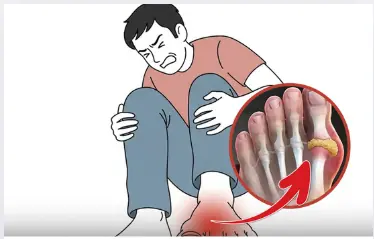
How to lower uric acid: Top diet choices and foods to prevent gout

Major medical breakthrough: Korean researchers discover “Undo” mechanism to transform tumor cells back to normal

If you often notice ringing in your ears, this might be a sign that you will suffer from ...

Drink water on an empty stomach right after waking up for 1 month
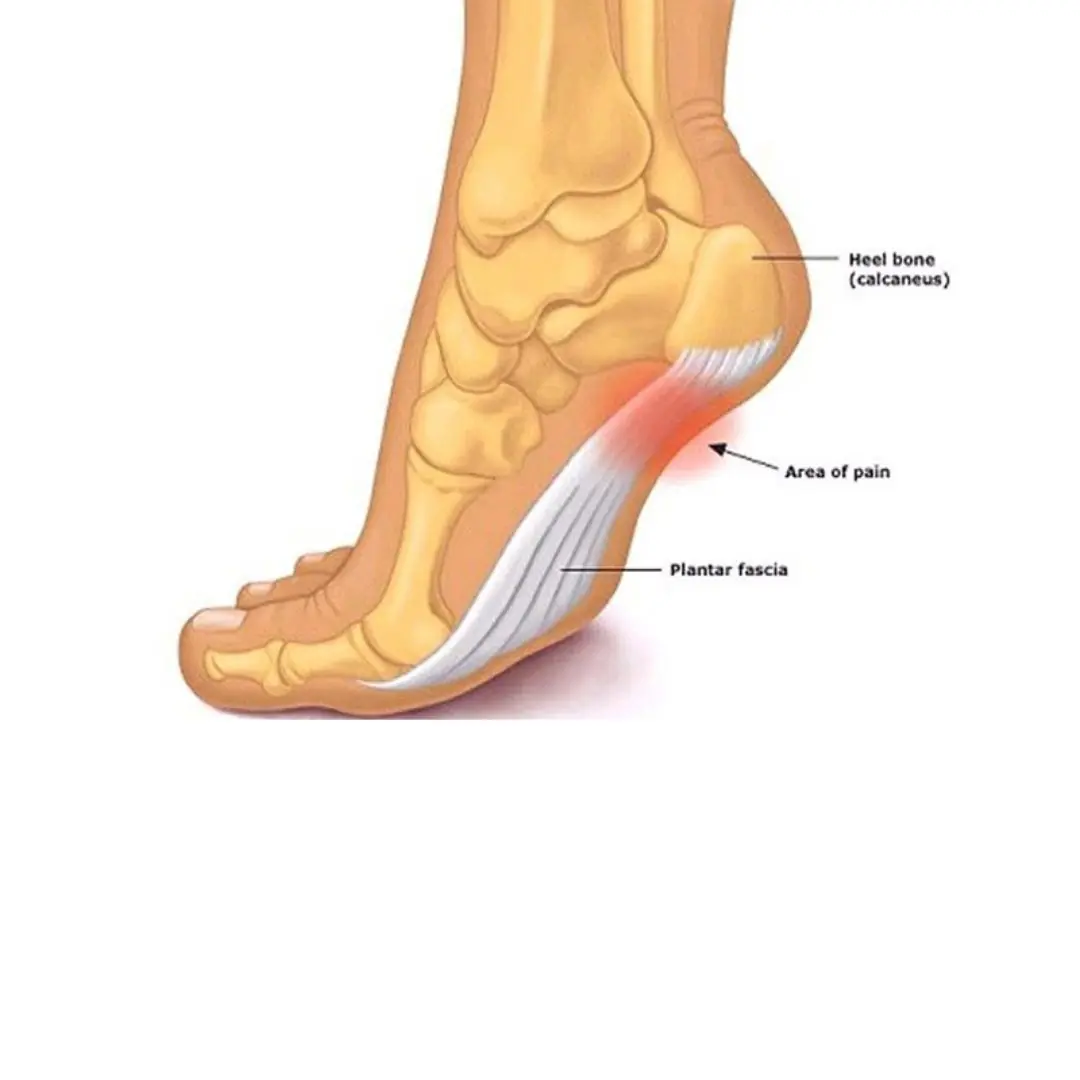
What is the disease that causes frequent numbness in the legs? What is the cause?
News Post

The Seeds of Cancer Start from a Common Kitchen Item: The More You Misuse It, the Shorter Your Lifespan Becomes
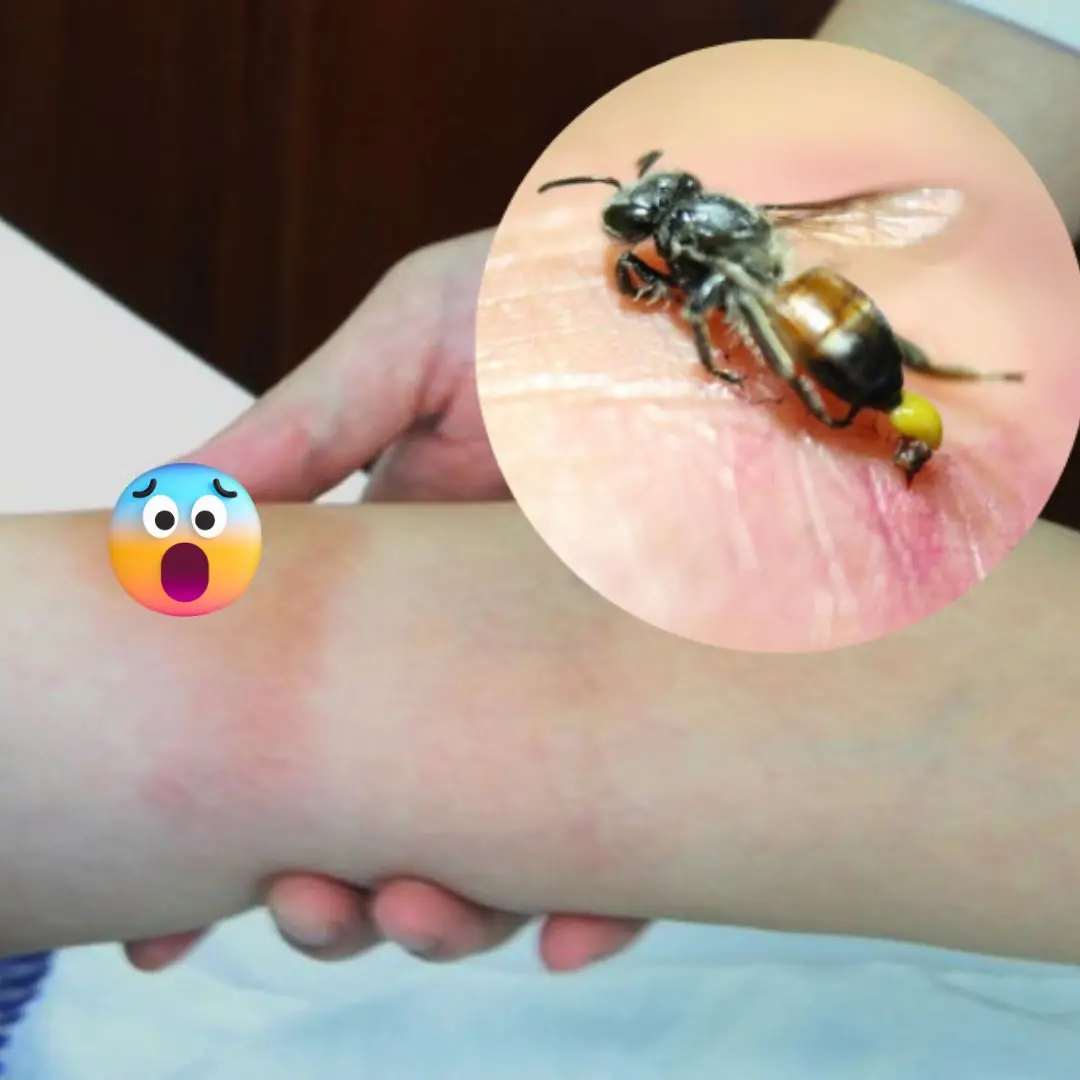
How to relieve bee sting pain at home
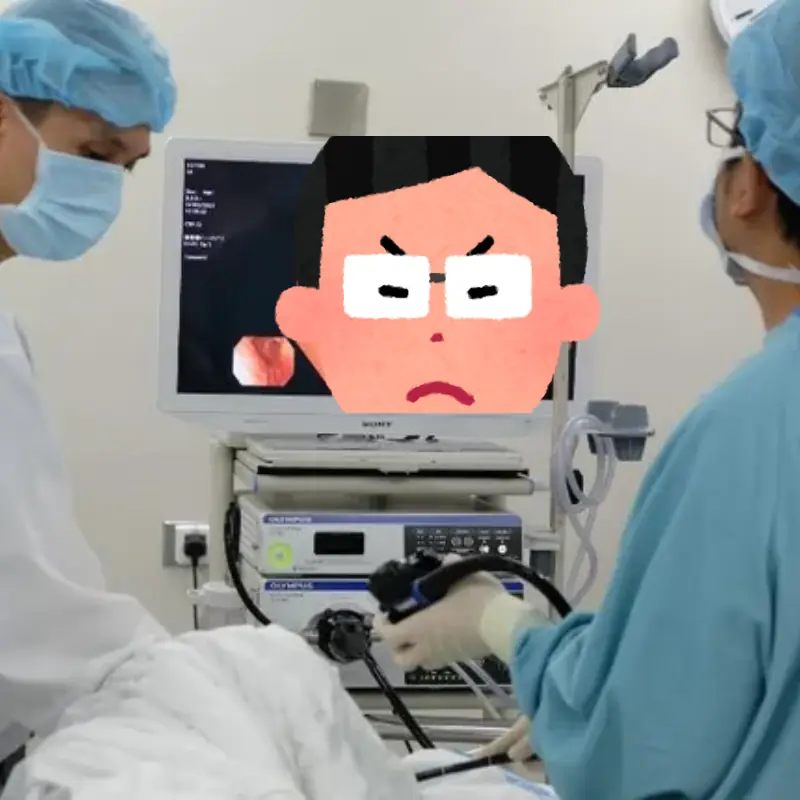
Early Warning Signs of a Rising Cancer — Especially Common Among Young People

Here's What Happens to Your Body if You Eat Sweet Potatoes Every Day, According to Registered Dietitians

Teeth Grinding in Your Sleep? Here's How to Fix It from Home

Turning on the air conditioner all day or turning it on and off again? Don't make these 4 costly, unhealthy mistakes anymore!

Mild kidney failure symptoms you need to know

No matter how much you like these 3 spices, eat less of them: 1 type is harmful to the kidneys and bones, 1 type is harmful to the liver and causes can:cer, 1 type causes fatty liver.

25-year-old girl's face is paralyzed after 3 days of maintaining a nighttime habit of many people

4 things in the kitchen are "the king of liver rot", every house has them but no one knows

The best part of the pig: No one paid attention before, now you have to go to the market early to buy it!

If you wake up in the morning and feel these 4 things, then SORRY! Kidney disease is growing in your body every day

Drinking orange juice every day to 'increase resistance', woman unexpectedly suffers serious consequences

Esophagus "cut off" because of bad habits! Many people like to do this

4 skin changes that warn of liver disease

Young Woman Diagnosed with Stomach Cancer: Doctor Warns Against 3 Common Fridge Items

3 Intimate Habits of Husbands That May Increase Wives’ Risk of Cervical Can.cer

The Most Accurate Way to Tell Farmed Shrimp from Wild Shrimp – Seller Shares Tips Anyone Can Use
